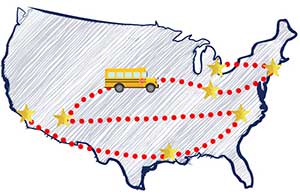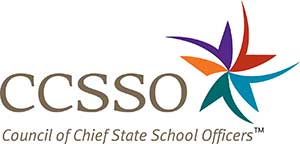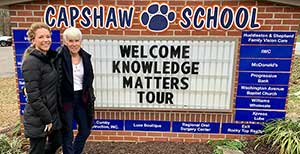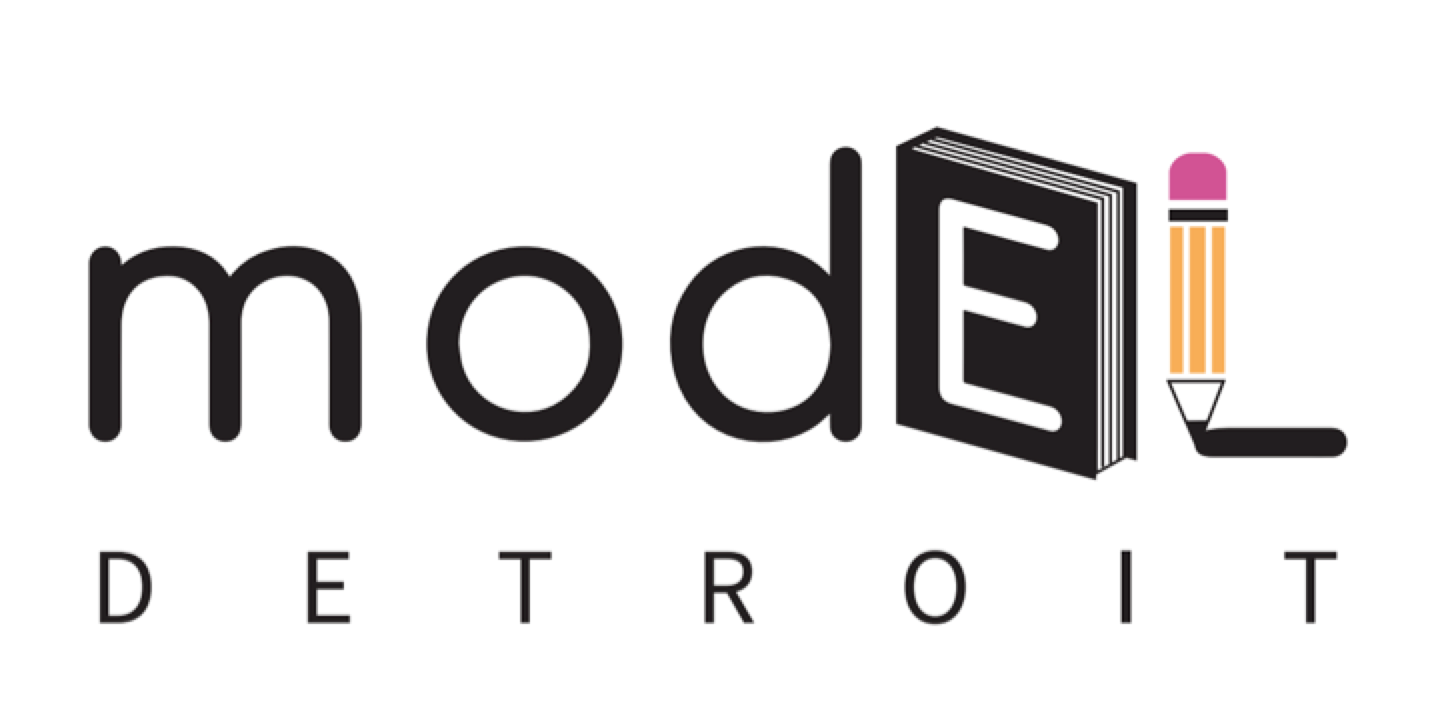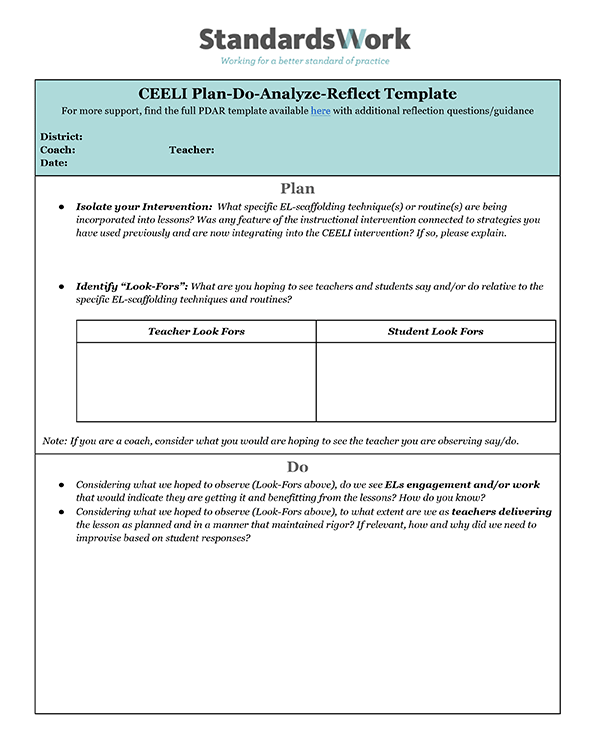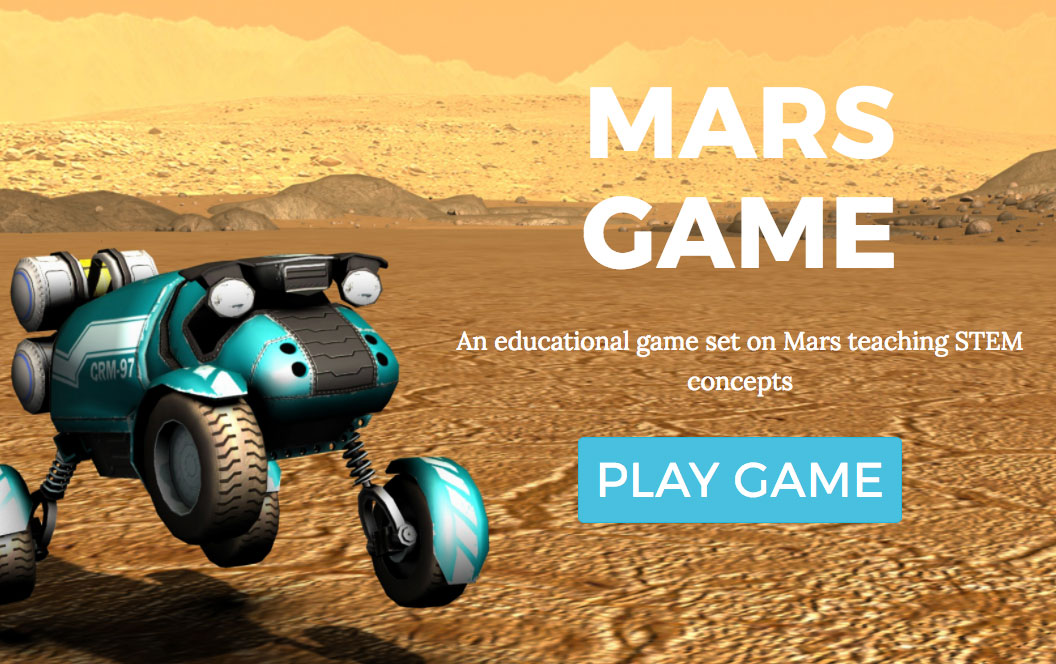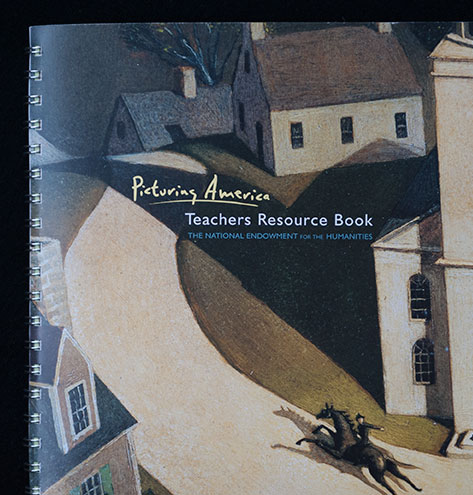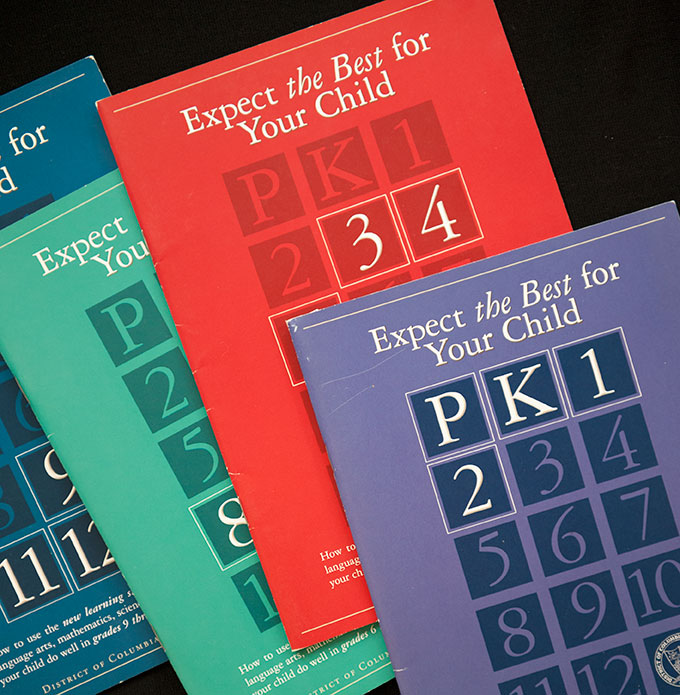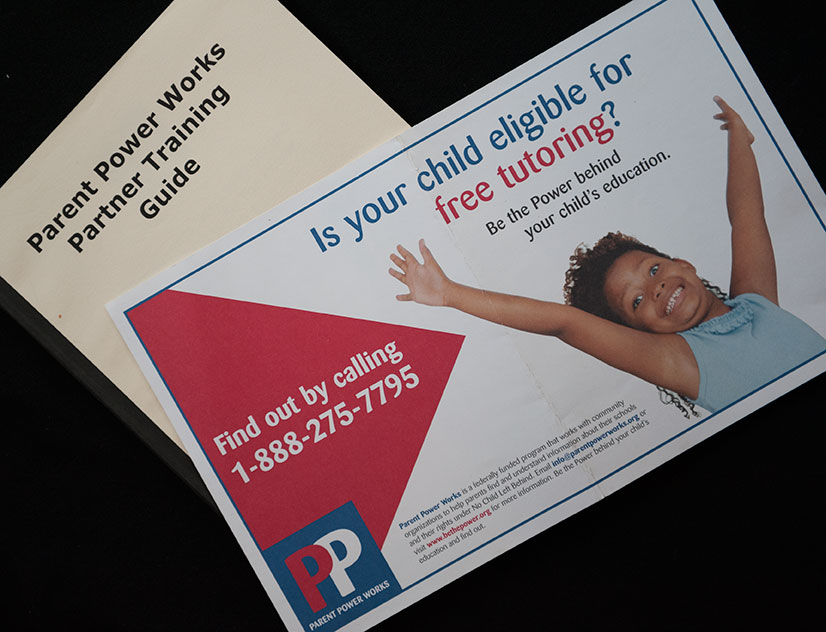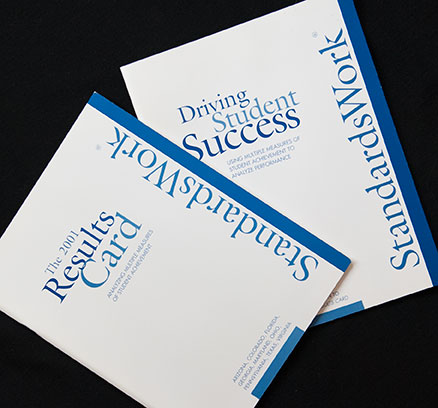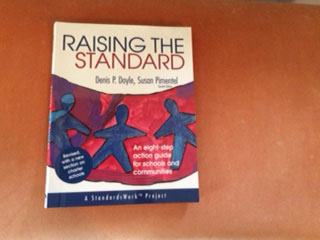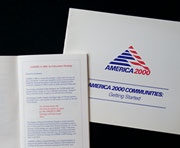Because StandardsWork has quite a few eggs in the basket of “better instructional materials will contribute to better instructional outcomes,” I’m of a mixed mind about Morgan Polikoff’s recent article outlining the undeniable difficulties of researching and recommending curriculum when we can’t even inventory the darn stuff across our thousands of local school districts. I appreciate the many suggestions he offers for how to address this issue, but I am concerned that if progress on a curriculum research agenda is delayed while changes in state policies are enacted to collect all the data we might seek, we risk dragging a potentially significant education reform down when there is much to be learned from an approach that works with what we have.
I propose a “good enough” strategy that focuses researchers’ attention on districts that have already adopted instructional materials likely to be efficacious.
How shall we identify such instructional materials? While those “green lighted” by EdReports haven’t stood the test of rigorous research on efficacy, they are well-aligned to college and career-ready standards and the key instructional shifts contained therein according to painstaking reviews by teams of well-qualified practitioners. It’s a “good enough” start.
Based on existing anecdotal information about adoption, we could compare districts using such materials with ones that haven’t formally adopted curriculum (those engaged in what David Steiner calls “business as usual”.) Better, we could study implementation variables within and across such adopting districts. In fact, is it not the answer to questions about the impact of various implementation factors (e.g. circumstances of adoption, nature and intensity of professional learning) that we most seek? Would we not demand information about these factors even if we had evidence of one curriculum’s “superiority” to another? There’s no reason this kind of curriculum research can’t begin now.
Polikoff sites as another reason for his pessimism that instructional materials will be much of a lever for education reform recent reports of teachers’ near universal use of Google, Pinterest, etc. to find lessons.
I offer a different perspective on this as well: While there is indeed good evidence that a feature of the “business as usual” model is the regular reliance on Internet searches for lesson materials, anyone who has talked to teachers about their motivation for this behavior generally concludes it’s an act of sheer desperation to find the supports they need. It is, in fact, the very weakness of the materials teachers are provided that forces them to spend valuable planning time in this way.
My experience visiting myriad and varied classrooms is that the opportunity to use stronger, more aligned, engaging, and comprehensive materials is not met with teacher resistance but, rather, is genuinely welcomed. Spared the daily scramble to bolster inadequate instructional materials with ad hoc downloads off the Internet, teachers can spend their planning time collaborating with colleagues on lesson delivery, preparing to teach against student misconceptions, scaffolding for English learners, and the like. In short, teachers spend their time learning how to well implement the curriculum. I’d argue that it is in such classrooms that we have the education laboratories best suited for investigating curriculum’s leverageable power.
The time for action has come. The evidence for use of better instructional materials as a lever for education reform may well be scant, but it is already greater than the evidence justifying other reforms that have commanded far more time and money. Let’s build the new curriculum-based education reform plane as we fly it, absolutely capturing as much data as we can about use of different textbooks and materials, but also recognizing that districts already adopting high-quality curriculum are excellent research subjects from which much can be learned.



